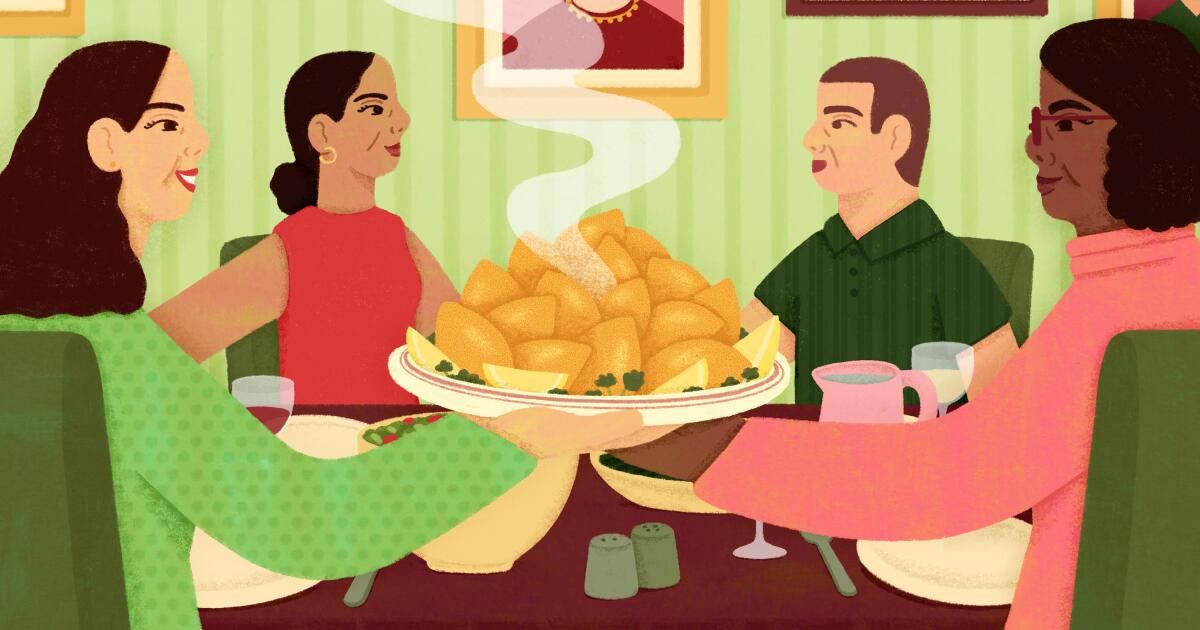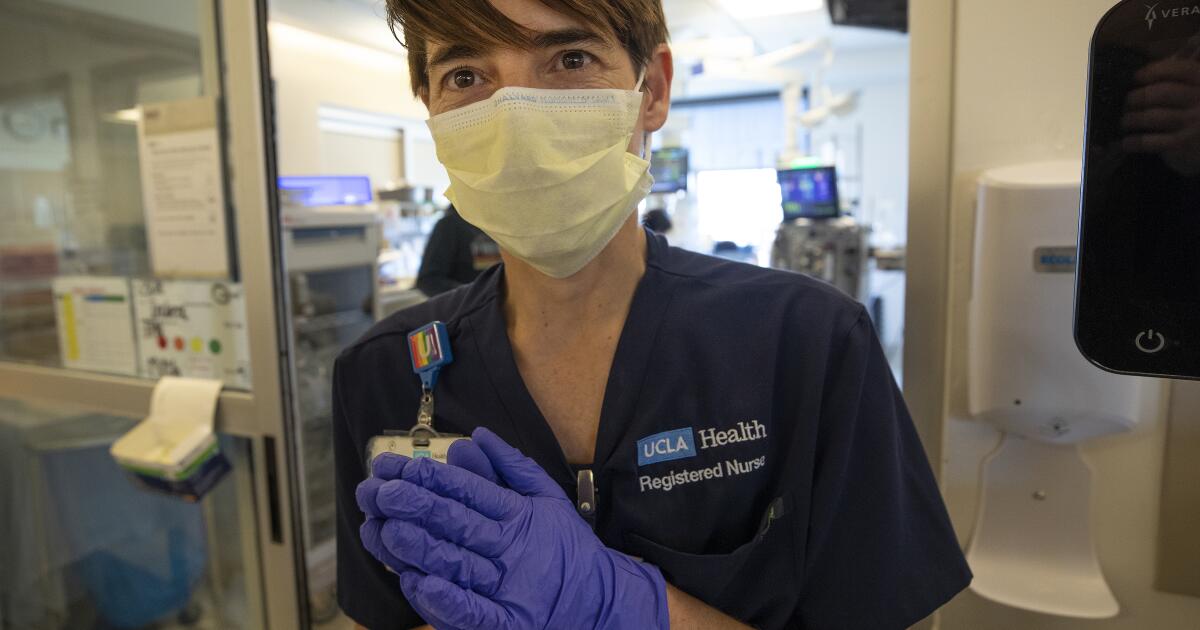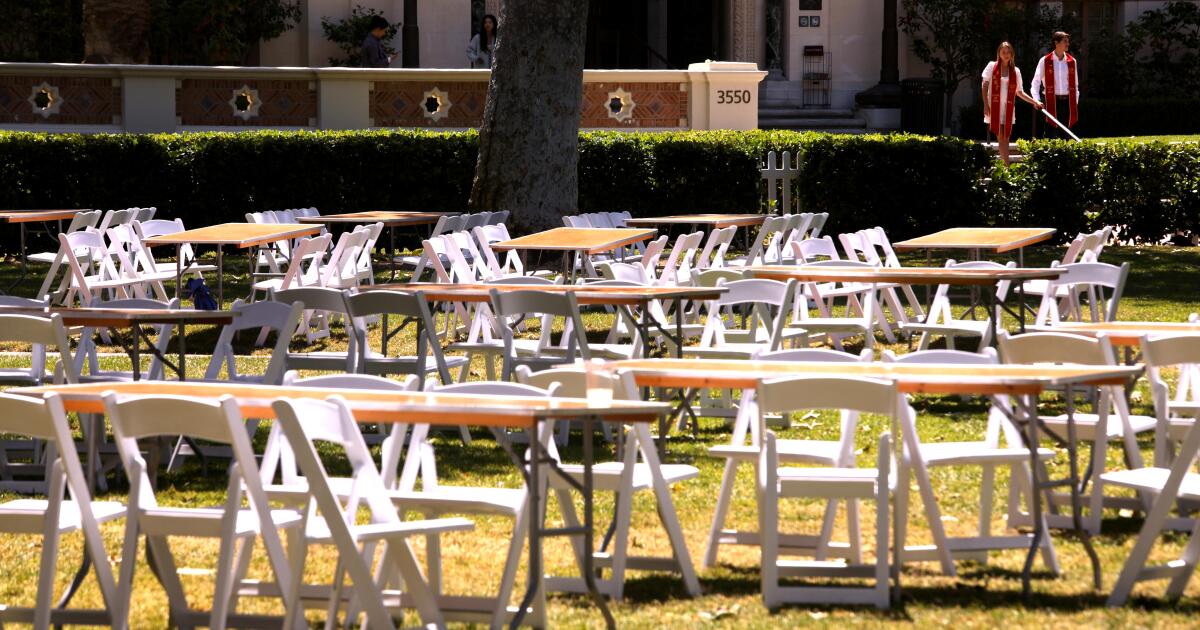More than 70 years ago, my French-Canadian mother took a road trip from Montreal to Fresno to work as a registered nurse. She didn't know anything about central California. I had never heard of Armenia or its people. But love can surprise you. She met my Armenian-American father and settled in a dusty vineyard.
My mother was not an expert in her adopted cuisine, but she had Armenian friends who were: Sally, our neighbor, and her sister Ruby. Every fall, after the grape harvest, the three women would gather in Ruby's kitchen to prepare large quantities of kufta, a stuffed meatball.. It took two days to chop, cook, knead and assemble all the ingredients. Fine-grained bulgur was mixed with ground beef or lamb to form its outer shell.
In my family, the kufta became a Christmas Eve tradition. The meatballs were offered along with ham, turkey and yalanchi, lemon grape leaves stuffed with onion and rice. The dining room table was filled with salads and desserts prepared by friends and neighbors. Our celebrations burst with energy. Everyone feasted on food and drink. Santa Claus arrived with gifts and finally friends played the guitar and piano while we gathered around him to sing Christmas carols.
A year or two after my mother died, I was visiting my father and in the kitchen I saw four cylindrical stainless steel containers covered with airtight lids, old bandage holders that he had probably recycled from the operating room where he worked. I lifted the lid and saw that the jar was half full of golden brown bulgur. In addition to kufta, my mother had used the grain to make a nutty-flavored Armenian pilaf. Making that pilaf was very easy for me. Maybe it was time I learned how to make kufta.
I learned a lesson from a friend and then looked for yearly improvements. If I make the filling the day before, it still takes me four hours to make 75 meatballs.
By now, making kufta at Christmas has become not only a Christmas tradition, but also a meditation. I take a portion of the raw beef and bulgur mixture in one hand and mold it into a thin patty with the other, my left thumb pressing into my right palm in a circular motion, the repetitive motions like working through a string of beads. of prayer. I think about the past. I reflect on the future. I feel the food in my hands and focus on the present.
In the middle of the flattened burger, I place a spoonful of por, a spicy mound of lamb and onion that will shock the palate. I carefully lift the jagged edges of the meat around the mixture and form it into a smooth ball, adding a splash of ice water to hydrate the bulgur on the outer surface. One down, many prayers ahead.
I can see my hands becoming my mother's hands. I barely recognize the wide knuckles and wrinkled skin as my own. I miss her. My father died three and a half years after her. I miss him too.
In the Gospel of John, a grain of wheat remains a singular seed, resting alone, until it dies in the ground and “bears much fruit.” In my heart I understand it. In this agricultural region of California, I live it.
The original grain of wheat disappears and becomes something more than itself, producing a greater reward that can be shared. Human beings have the same capacity, once we get out of our own way. Tempered by loss and change, everyone is responsible for building new relationships, families, and communities.
Now Christmas Eve celebrations are held at my house. The large amount of kufta remains in my freezer until I cook the dumplings in a pot of boiling broth. New friends and boyfriends join the family and old neighbors. For every guest, I am grateful.
None of this grace would be mine if my mother hadn't taken the risk. Our state needed nurses. She answered the call. It found its way to the Central Valley. I found my way to kufta.
Danielle R. Shapazian is a registered nurse and writer living in Fresno. She is the founder and director of the San Joaquin Valley Book Festival.












